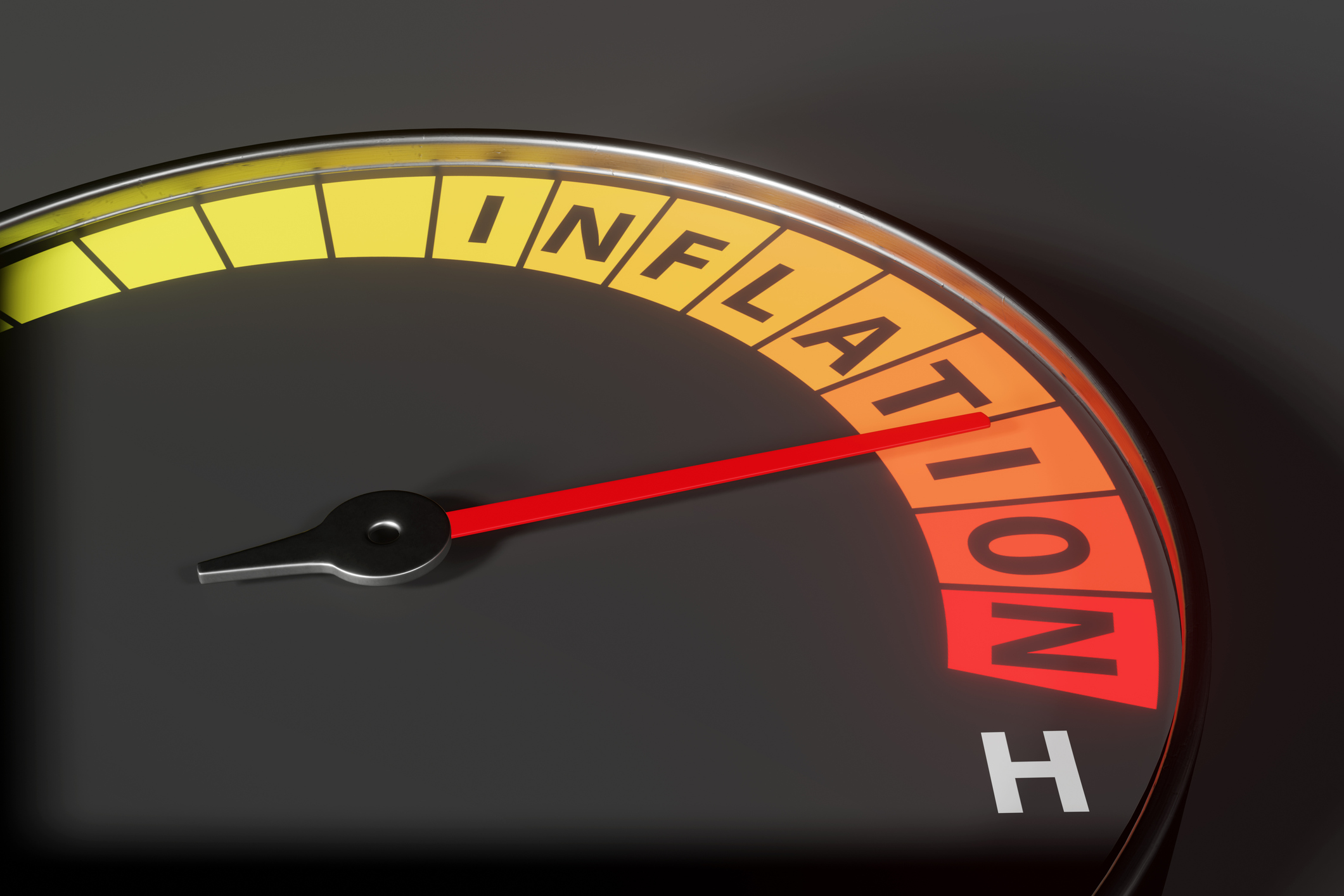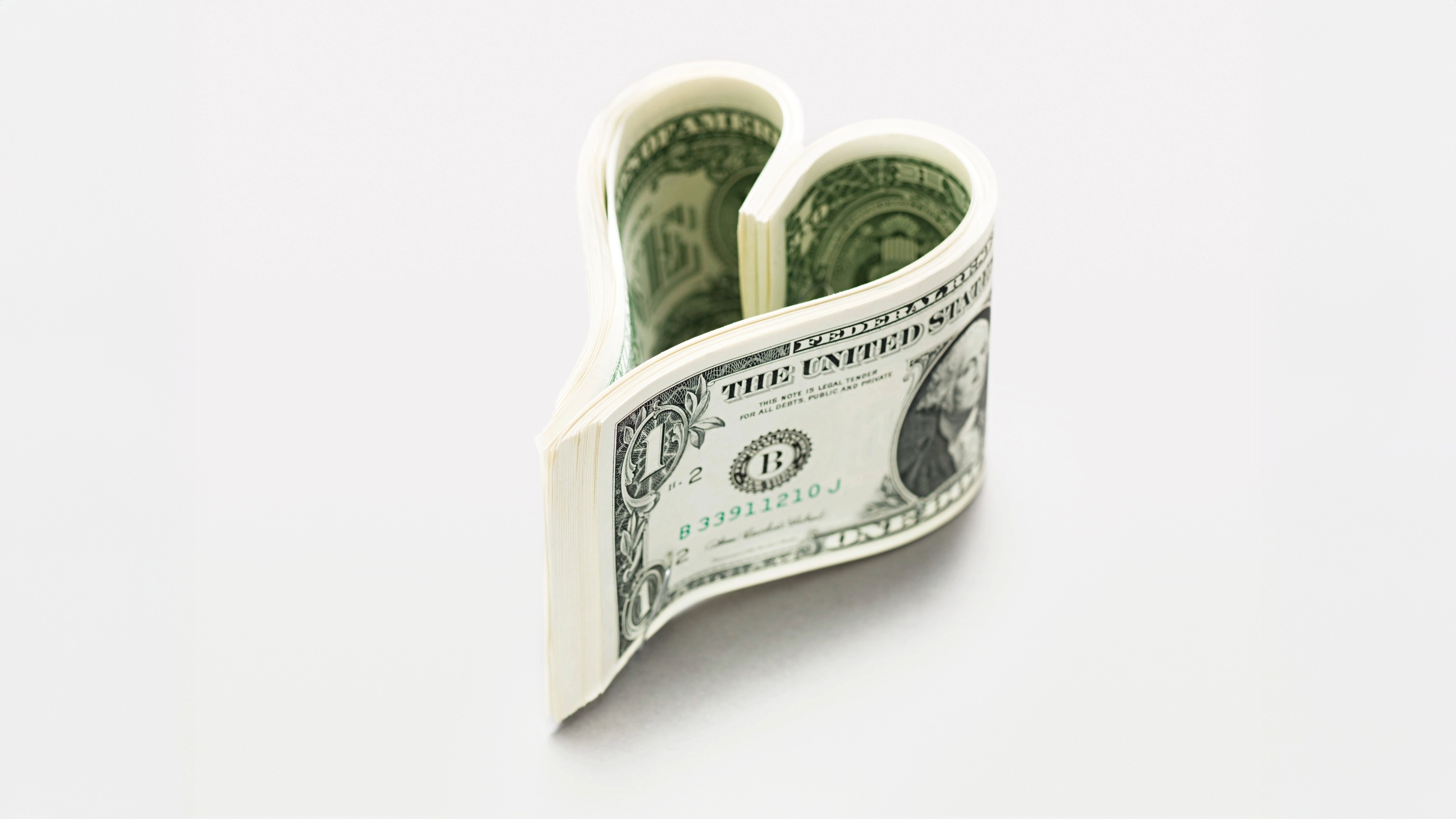Kiplinger Jobs Outlook: Is Surprise January Hiring Jump a One-Off?
Tune in next month to see if the strong January jobs growth was a fluke or not.

Profit and prosper with the best of Kiplinger's advice on investing, taxes, retirement, personal finance and much more. Delivered daily. Enter your email in the box and click Sign Me Up.
You are now subscribed
Your newsletter sign-up was successful
Want to add more newsletters?

Delivered daily
Kiplinger Today
Profit and prosper with the best of Kiplinger's advice on investing, taxes, retirement, personal finance and much more delivered daily. Smart money moves start here.

Sent five days a week
Kiplinger A Step Ahead
Get practical help to make better financial decisions in your everyday life, from spending to savings on top deals.

Delivered daily
Kiplinger Closing Bell
Get today's biggest financial and investing headlines delivered to your inbox every day the U.S. stock market is open.

Sent twice a week
Kiplinger Adviser Intel
Financial pros across the country share best practices and fresh tactics to preserve and grow your wealth.

Delivered weekly
Kiplinger Tax Tips
Trim your federal and state tax bills with practical tax-planning and tax-cutting strategies.

Sent twice a week
Kiplinger Retirement Tips
Your twice-a-week guide to planning and enjoying a financially secure and richly rewarding retirement

Sent bimonthly.
Kiplinger Adviser Angle
Insights for advisers, wealth managers and other financial professionals.

Sent twice a week
Kiplinger Investing Weekly
Your twice-a-week roundup of promising stocks, funds, companies and industries you should consider, ones you should avoid, and why.

Sent weekly for six weeks
Kiplinger Invest for Retirement
Your step-by-step six-part series on how to invest for retirement, from devising a successful strategy to exactly which investments to choose.
Kiplinger’s Economic Outlooks are written by the staff of our weekly Kiplinger Letter and are unavailable elsewhere. Click here for a free issue of The Kiplinger Letter or to subscribe for the latest trends and forecasts from our highly experienced Kiplinger Letter team.
The 130,000 jobs added in January was the strongest monthly gain in nine months, and runs counter to the recent narrative of a weak labor market. A second consecutive decline in the unemployment rate, to 4.3%, added to the surprise. Other positive indicators: The number of temporary workers has risen for three months in a row, after nearly uninterrupted declines for three and a half years, and the number of people working part-time because of slack hiring conditions fell. If the labor market really is making a turnaround, that would create a picture of a much stronger U.S. economy than had been forecast for this year.
However, there are reasons to think that the January report may be more of a blip than a turnaround. First, most of the gains were in one sector, health care and social assistance. The government, transportation and hospitality sectors are still showing weakness. Second, labor market data during the winter months are less reliable than at other times of the year, simply because seasonal shifts in hiring can be strong in winter. Finally, the Labor Department’s annual benchmark revision lowered total employment by over a million jobs, showing that the economy added fewer jobs than initially reported over the past two years. (The benchmark revision is tied to the much larger Quarterly Census of Employment and Wages (QCEW). The first monthly releases of the payroll employment numbers often miss turning points in the economy, because the government statisticians initially assume that missing data will continue past trends. The Bureau of Labor Statistics has announced that it will be revising the methodology for how it treats missing data in an attempt to improve the tracking of turning points.)
From just $107.88 $24.99 for Kiplinger Personal Finance
Become a smarter, better informed investor. Subscribe from just $107.88 $24.99, plus get up to 4 Special Issues

Sign up for Kiplinger’s Free Newsletters
Profit and prosper with the best of expert advice on investing, taxes, retirement, personal finance and more - straight to your e-mail.
Profit and prosper with the best of expert advice - straight to your e-mail.
Annual wage growth ended 2025 at a still-elevated 3.3%, according to the Employment Cost Index (ECI), but should continue to weaken gradually, ending 2026 a bit above 3.0%. Pay increases tend to lag other labor market indicators.
The good jobs report means that the Federal Reserve is less likely to cut interest rates, at least during Chair Jay Powell’s remaining term, which expires in May. If the job market weakens further, however, expect the Federal Reserve to come through with more interest rate cuts in an effort to boost the economy. We expect two quarter-point cuts later in 2026 under incoming Fed Chair Kevin Warsh, even if the labor market picks up.
Related Content
Profit and prosper with the best of Kiplinger's advice on investing, taxes, retirement, personal finance and much more. Delivered daily. Enter your email in the box and click Sign Me Up.

David is both staff economist and reporter for The Kiplinger Letter, overseeing Kiplinger forecasts for the U.S. and world economies. Previously, he was senior principal economist in the Center for Forecasting and Modeling at IHS/GlobalInsight, and an economist in the Chief Economist's Office of the U.S. Department of Commerce. David has co-written weekly reports on economic conditions since 1992, and has forecasted GDP and its components since 1995, beating the Blue Chip Indicators forecasts two-thirds of the time. David is a Certified Business Economist as recognized by the National Association for Business Economics. He has two master's degrees and is ABD in economics from the University of North Carolina at Chapel Hill.
-
 What to Expect from the January CPI Report
What to Expect from the January CPI ReportThe January CPI report will be released Friday morning. Here's what economists expect the inflation data to show.
-
 How to Open Your Kid's $1,000 Trump Account
How to Open Your Kid's $1,000 Trump AccountTax Breaks Filing income taxes in 2026? You won't want to miss Form 4547 to claim a $1,000 Trump Account for your child.
-
 In Arkansas and Illinois, Groceries Just Got Cheaper, But Not By Much
In Arkansas and Illinois, Groceries Just Got Cheaper, But Not By MuchFood Prices Arkansas and Illinois are the most recent states to repeal sales tax on groceries. Will it really help shoppers with their food bills?
-
 What to Expect from the January CPI Report
What to Expect from the January CPI ReportThe January CPI report will be released Friday morning. Here's what economists expect the inflation data to show.
-
 How to Budget as a Couple Without Fighting About Money
How to Budget as a Couple Without Fighting About MoneyThese tips will help you get on the same page to achieve your financial goals, with minimal drama.
-
 These Thoughtful Retirement Planning Steps Help Protect the Life You Want in Retirement
These Thoughtful Retirement Planning Steps Help Protect the Life You Want in RetirementThis kind of planning focuses on the intentional design of your estate, philanthropy and long-term care protection.
-
 Fixed Indexed Annuities and Bonds: The Perfect Match as Interest Rates Inch Lower?
Fixed Indexed Annuities and Bonds: The Perfect Match as Interest Rates Inch Lower?The prospect of more interest rate cuts has investors wondering how to enhance the bond portion of their portfolio. A fixed indexed annuity could be the answer.
-
 'Fee-Only' and 'Fiduciary' Are Not the Same: A Financial Pro Sets the Record Straight
'Fee-Only' and 'Fiduciary' Are Not the Same: A Financial Pro Sets the Record StraightThe terms fiduciary and fee-only are not interchangeable. Knowing the difference ensures investors get the advice and the consumer protection they need.
-
 Strong Jobs Report Leaves Markets Flat: Stock Market Today
Strong Jobs Report Leaves Markets Flat: Stock Market TodayInvestors, traders and speculators are taking time to weigh the latest labor market data against their hopes for lower interest rates.
-
 Is There a Downside to Switching Your Insurance Frequently?
Is There a Downside to Switching Your Insurance Frequently?You keep finding lower rates every time you shop for insurance. Is there any reason not to take the better deal?
-
 Job Growth Sizzled to Start the Year. Here's Why It's Unlikely to Impact Interest Rates
Job Growth Sizzled to Start the Year. Here's Why It's Unlikely to Impact Interest RatesThe January jobs report came in much stronger than expected and the unemployment rate ticked lower to start 2026, easing worries about a slowing labor market.